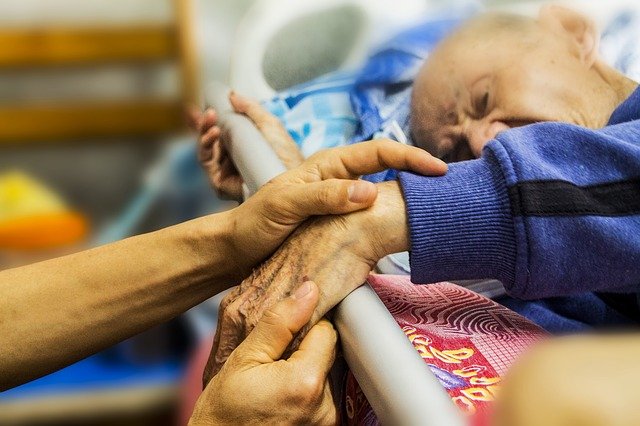 Subscribers Only
People
Subscribers Only
People 
Social care is not in crisis. But it soon will be if the policies and investment we are making in Wales don’t make a big difference in the next couple of years.
Social care is the cornerstone of a decent humane society. When the chips are really down it is ‘the’ public service that matters. Social services support children in need; and when families can’t or won’t look after a child they have to step in and take over parental responsibility. When we can’t care for ourselves without help, social services manage the safety net. Despite what you read in the press social workers, occupational therapist, physiotherapists and other care professionals do a great job. As do, the often undervalued, army of care workers who emptying commodes, wash backs and reheat ready meals.
The Welsh Government has recognised the importance of social care. They have taken the brave step to protect for the moment social care funding (by roughly maintaining the money it gives to local authorities) and they have put social care firmly on the legislative agenda. These are important steps but on their own they won’t stop a crisis developing.
This real danger is one of demand. Over the next decade we will see an increase of 30% in the number of people with dementia living in Wales but the challenge is not just associated with an ageing population. In the last five years there has been a 24% increase in the number of children taken into care in Wales. It is morally wrong to see any individual child as a burden but social service accountants can put a financial cost to each child taken into care. As any parent knows; food clothes and heating cost money. As does supporting foster carers and paying specialist lawyers when cases go to court. This is adding up to millions of additional pounds on the bottom line of hard pressed local authority budgets.
But the potentially knockout blow is the complexity of care that is now required. One very clear example is the increased level of support that learning disabled people are now requiring. Bluntly older learning disabled people on average cost a lot less than young adults coming into the system. This is because an increased proportion of younger learning disabled people are now living with complex impairments where as even twenty years they may have sadly died at birth or in early childhood.
The upshot of this is that we can no longer simply do more with what we have got; we have to do things dramatically differently. Increased demand for care and shrinking budgets are potentially recipe for disaster. Inaction is not an option.
Wales currently has 22 individual social services departments and this is clearly unsustainable. Caerphilly and Blaenau Gwent have led the way in merging their departments and we need to support the work done in Ceredigion and Powys to develop services under a single director. But we need to go much further and much, much more quickly.
We also need to make the leap as a nation to investing in preventative social services. Managing a recovering heroin addict to look after their newborn child, enabling people to access day support in the community and not in day centres or helping very frail old people live at home is not easy and will require support from right across the political spectrum.
The crisis is coming but we can avoid it. In fact we have to because a crisis in social care will be potentially catastrophic for countless individuals and families right across Wales.
Book Now – If you would like to find out more about social care in Wales and contribute to the debate you may be interested in the Bevan Foundation and University of Wales, Newport, conference ‘Is there a crisis in social care?’ on 2nd November. More info is available here.
Gwilym Morris


